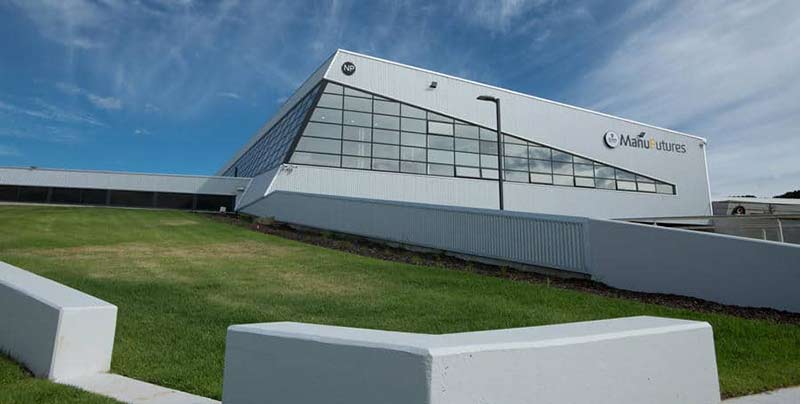PPK jumps 34pc after buying game-changing Aussie ‘super fibre’

Pic: Morsa Images / DigitalVision via Getty Images
Mining services group PPK jumped by a third today after buying a stake in a nanofibre technology developed at Victoria’s Deakin University.
PPK (ASX:PPK) will acquire 50 per cent of the patented “Boron Nitride Nanotubes (BNNT)” manufacturing technology from tech incubator Australian Innovation Centre.
The stock jumped 34 per cent to a high of 43c on the news. It cooled to 41c at the end of the day.
The technology was discovered 20 years ago by Nobel Prize winner Professor Richard Smalley who called it “the strongest fibre that you can make out of anything, ever”.
The super flexible ‘fibre’ — which is 2300 times stronger than steel but as light as carbon fibre — is now nearing bulk scale commercialisation in Australia.
Until now it has only been possible to produce the nanotubes in very small quantities, making it hard to commercialise at scale.
BNNTs are seen as the future of key industries including aviation, automotive, space travel, power generation, electronics, defence and even sporting goods.

Deakin nanotechnology expert Professor Ying Chen is working to improve the safety of lithium ion batteries through the development of high-temperature, stable boron nitride nanotube (BNNT) separators.
Other potential applications include the next generation of fighter jets, spacecraft, bullet-proof vests, transparent armour, heat sink for electronics, lighter-weight vehicles, and sporting goods, Professor Chen said.
- Subscribe to our daily newsletter
- Bookmark this link for small cap news
- Join our small cap Facebook group
- Follow us on Facebook or Twitter
A production plant is under construction at Deakin University — aided by a $1.4 million grant from the federal government.
Gary Walsh, a manufacturing engineer and said BNNT would be a unique, disruptive and important material for worldwide markets for many decades.
“This technology places an Australian company at the very forefront in manufacturing advanced materials sought by governments and industry,” he said.
“[It] has the potential to initiate a multi-billion dollar export business for Australia.”
UNLOCK INSIGHTS
Discover the untold stories of emerging ASX stocks.
Daily news and expert analysis, it's free to subscribe.
By proceeding, you confirm you understand that we handle personal information in accordance with our Privacy Policy.








